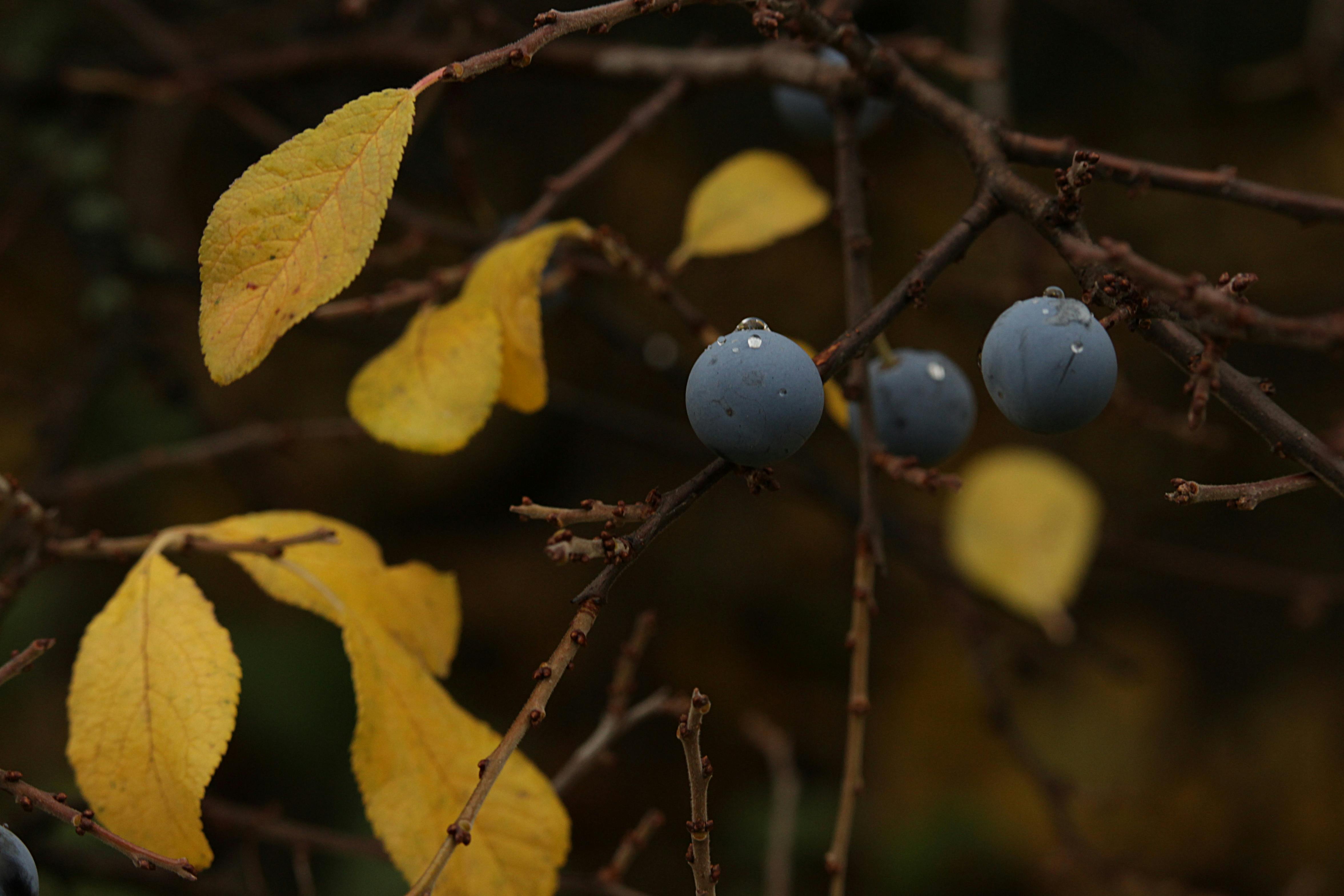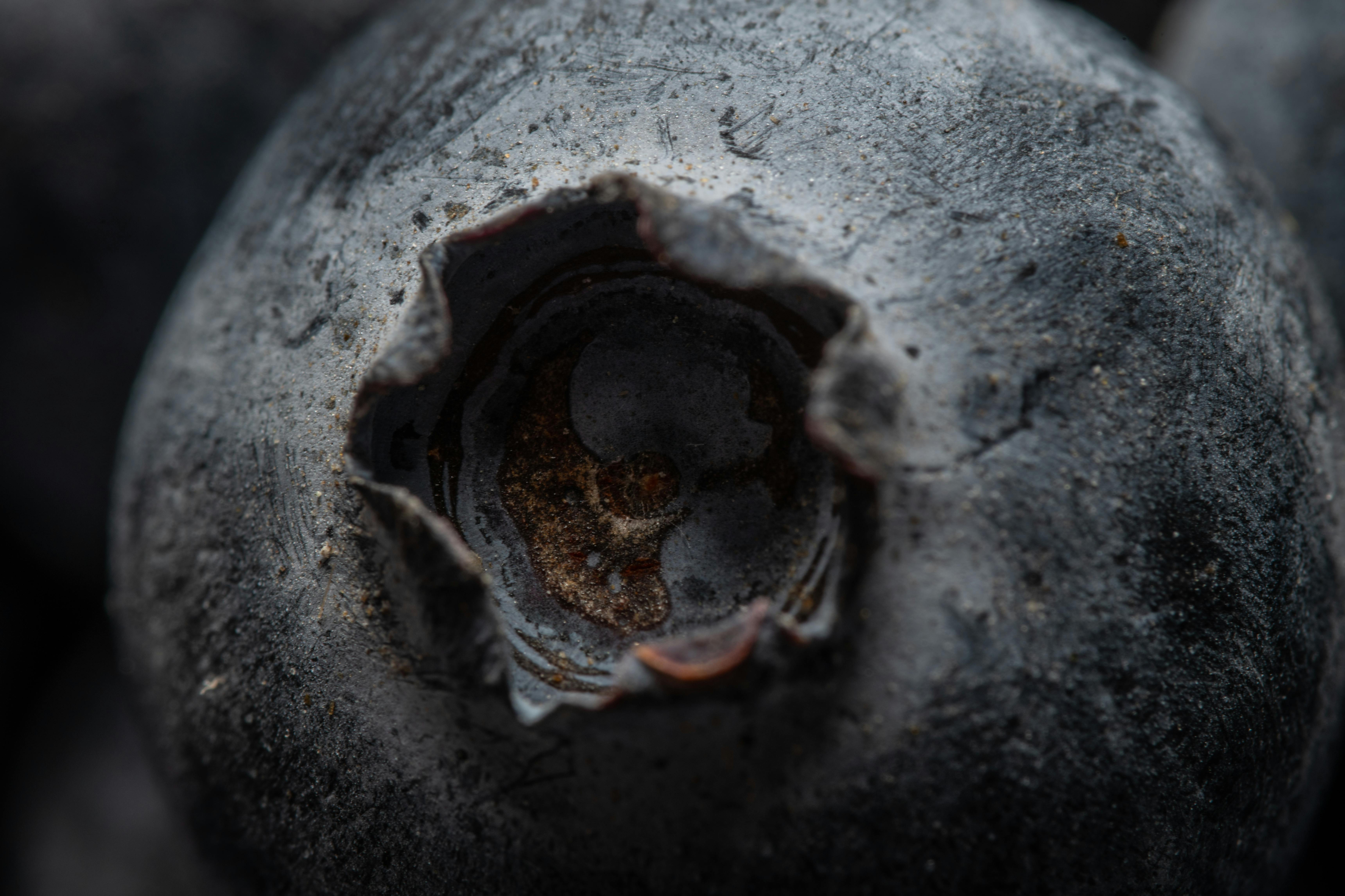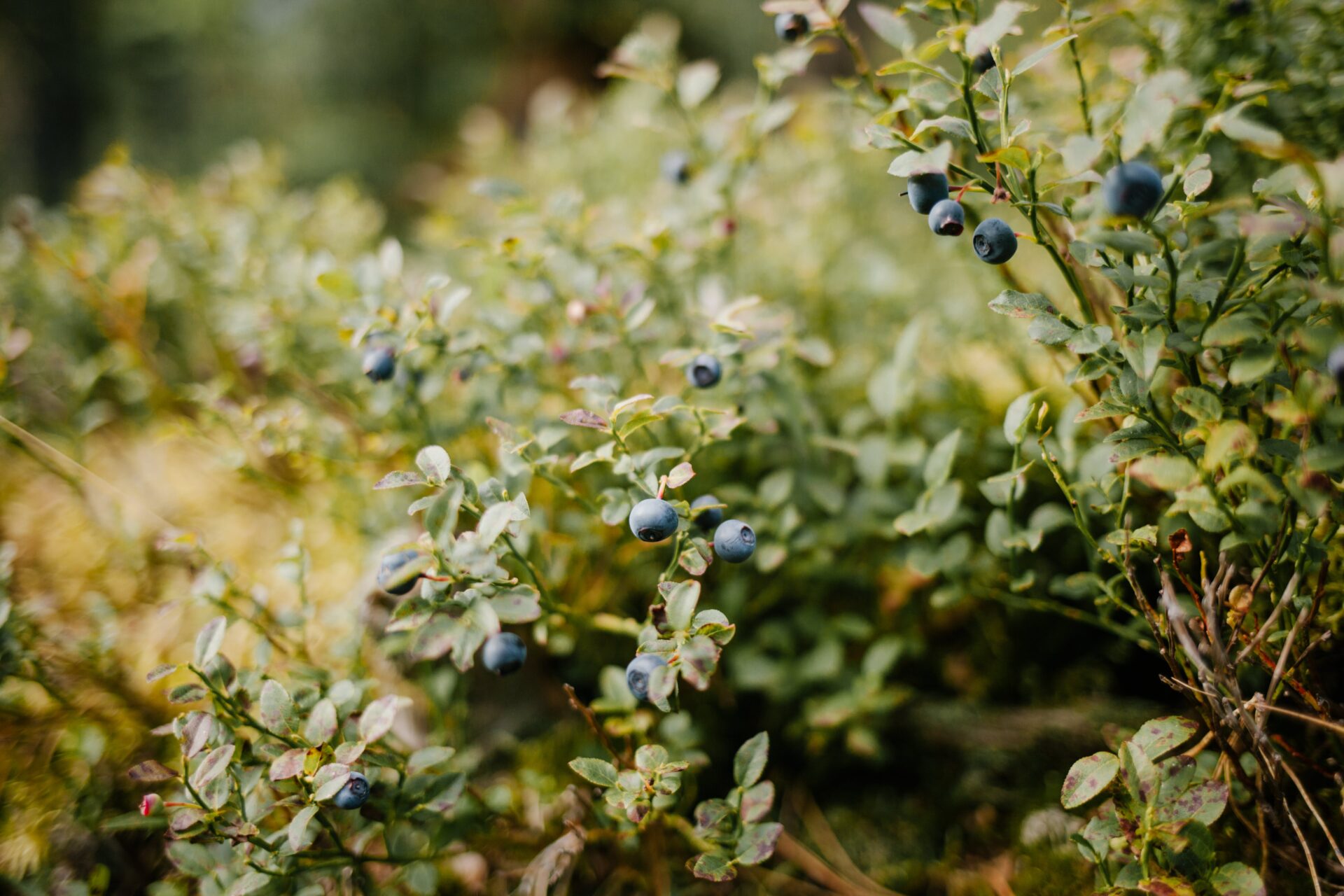Are blueberry bushes self-pollinating? The answer is yes. Blueberry bushes are able to pollinate themselves, meaning that they do not require the help of another plant or external source to produce fruit. In fact, many blueberry varieties are self-fertile and will produce a good crop of berries without assistance from another variety. Self-pollinating blueberry plants can be grown in small areas, making them ideal for home gardeners with limited space.Blueberry bushes are shrubs that produce edible blueberries. They are members of the Ericaceae family and are native to North America. Blueberry bushes can be either deciduous or evergreen, depending on the species, and can range in size from a few feet tall to up to 10 feet tall. The leaves on blueberry bushes are usually elliptical in shape and have a waxy texture. The flowers bloom in the spring, and the berries ripen throughout summer. Blueberries can be eaten raw or used in baked goods such as pies, muffins, jams, and jellies.
Self-Pollination Possible in Blueberry Bushes?
Blueberry bushes are pollinated by a variety of insects, including bees, moths, and butterflies. However, they can also self-pollinate. Self-pollination occurs when the pollen from the male part of the blueberry flower (the anther) fertilizes the female part of the blueberry flower (the stigma). This process can occur without any outside help from insects or other animals. Self-pollination is possible in blueberries because they have both male and female parts on each flower.
The self-pollination process in blueberries is not as efficient as pollination from insects or other animals. Insects are able to carry pollen from one plant to another, which increases the chance of successful fertilization. Self-pollination may be less effective because some of the pollen may not make it to the stigma, or it may be too weak to complete fertilization. As a result, blueberries that are self-pollinated may produce fewer fruits than those that are pollinated by insects.
Blueberry plants can be encouraged to self-pollinate by gently shaking them when they are in bloom. This helps move the pollen around and increases the chances of successful fertilization. If you want to ensure successful pollination, you can also hand pollinate your blueberry bushes by transferring pollen from one flower to another using a small brush or cotton swab.
In conclusion, self-pollination is possible in blueberry bushes but is usually less effective than insect pollination. If you want to increase your chances of getting a good crop of berries, it is best to encourage insect activity on your plants as well as hand pollinating them.
The Benefits of Self-Pollination in Blueberry Bushes
Self-pollination is a process by which blueberry bushes can pollinate themselves, without the help of insects or other external agents. This is a beneficial method of pollination for blueberry growers, as it ensures better yields and higher quality fruit. Self-pollination also reduces the risk of cross-pollination, which can lead to undesirable genetic traits. Furthermore, self-pollinating blueberry bushes are more resistant to disease and pests, as they are not reliant on external agents for pollination.
Another benefit of self-pollination in blueberry bushes is that it requires less maintenance and labor than traditional methods of pollination. By relying on self-pollinating plants, growers can save time and money in the long run by avoiding the need for insecticides or other means of pest control. Additionally, self-pollination allows for more efficient use of resources, as no additional inputs are required. This makes it a more cost-effective way to produce high quality fruit.
Finally, self-pollinating blueberries are more resilient in times of drought or extreme weather conditions than other varieties. As they do not rely on outside sources for pollination, they can continue to produce fruit even when other varieties may struggle due to lack of resources or environmental stressors. This makes them a great choice for growers looking for reliable yields year after year.
In conclusion, self-pollinating blueberries offer many advantages to growers looking for reliable and high yields with minimal effort and resources. From increased resistance to disease and pests to more efficient use of resources and resilience in extreme conditions, these plants provide an ideal solution for any grower looking to maximize their harvest while minimizing their costs.
Self-Pollination of Blueberry Bushes
Self-pollination is a natural process for many plants, including blueberry bushes. Self-pollination occurs when the flowers on a blueberry bush are able to receive both male and female reproductive cells from the same flower or from another flower on the same bush. This type of pollination does not require an insect or other external agent to move the pollen from one flower to another.
The process of self-pollination begins when the female reproductive parts of a flower, known as pistils, are receptive to receiving pollen. This happens when the stamen (the male reproductive parts) are mature and ready to release pollen. The pollen enters the pistil through a small tube called a style, and then it travels down into an ovary where it fertilizes an egg cell.
When self-pollination takes place, this process of fertilization can happen without any outside help. This means that it can occur even if there are no other flowers around, and so blueberry bushes can continue to produce fruit even in areas where there is limited bee activity or other pollinators.
Self-pollination is important for blueberry bushes because it helps ensure that they will produce enough fruit each season. Without it, blueberries would not be able to reproduce as effectively and yields would be significantly lower than they currently are. Additionally, self-pollinated flowers tend to produce larger fruits than those pollinated by insects or other plants.
Overall, self-pollination is essential for blueberry bushes as it ensures that they will produce enough fruit each season and that the fruits will be large and high quality. This makes it possible for farmers and gardeners alike to enjoy delicious blueberries year after year without having to worry about their crop failing due to lack of pollinators or other environmental factors.
Advantages of Self-Pollinating Blueberry Bushes
Self-pollinating blueberry bushes offer many benefits for gardeners and backyard growers. These bushes are easy to care for and produce a high yield of delicious fruit. They are also relatively disease-resistant, making them a great choice for novice gardeners and experienced growers alike. Self-pollinating blueberry bushes can also be planted in a variety of locations, from full sun to partial shade, ensuring that they will receive the necessary amount of light for optimal growth and production. Finally, self-pollinating blueberry bushes can be harvested multiple times throughout the season, providing an abundant supply of fresh berries for weeks on end.
The biggest advantage to self-pollinating blueberry bushes is that they do not require cross-pollination from other plants in order to bear fruit. This means that only one plant is necessary for a successful harvest, which makes them ideal for small gardens or containers. Additionally, these plants tend to be more productive than their non-self-pollinating counterparts, yielding larger berries with more flavor and sweetness. Furthermore, since these plants do not rely on external pollinators such as bees or other insects, there is less risk of disease or insect infestation.
In conclusion, self-pollinating blueberry bushes offer numerous advantages that make them an excellent choice for gardeners looking to add an abundance of sweet berries to their harvests. With minimal maintenance needed and no need for external pollinators, these plants are easy to care for and provide an abundance of flavorful fruits throughout the growing season.

Cross Pollination Beneficial for Blueberry Bushes?
Cross pollination is a key process that is beneficial to blueberry bushes. It helps to increase the yield, size and quality of the crop. Cross pollination is the transfer of pollen from one flower on one plant to another flower on a different plant. This process can be facilitated by bees, other insects, or even humans. It helps to ensure better genetic diversity within the crop, which can lead to increased yields and better quality fruit.
Cross pollination also helps blueberry bushes become more resistant to disease and pests. The increased genetic diversity of the plant can make it more difficult for pests and diseases to spread throughout the entire crop. This leads to healthier plants with greater yields and higher quality fruit.
In addition, cross pollination can boost the size and sweetness of the blueberries produced by the bush. By increasing genetic diversity through cross pollination, different varieties of blueberries can be blended together, allowing for larger berries with improved flavor profiles.
Overall, cross pollination is a beneficial process for blueberry bushes as it can lead to increased yields, better resistance to disease and pests, and improved berry size and flavor profile. Utilizing this natural process will help ensure that blueberry farmers are able to produce a high-quality crop each year.
Cross and Self-Pollination in Blueberry Bushes
Cross-pollination occurs when pollen from one blueberry bush is transferred to the stigma of another blueberry bush of a different variety, resulting in fertilization and the production of a hybrid berry. Cross-pollination is beneficial as it can lead to increased genetic diversity in the species while also increasing the yield and size of the berries. Self-pollination occurs when pollen from a single blueberry bush is transferred from its anthers to its own stigma, resulting in fertilization and the production of a berry that is genetically identical to its parent. Self-pollination often results in smaller berries than those produced by cross-pollination.
It is important to note that cross-pollination between different varieties of blueberries will only result in viable fruit if both varieties are compatible with each other. If not, then the resulting fruit will be small or misshapen, making it unmarketable. Similarly, self-pollinating plants may suffer from low yield due to their lack of genetic diversity. For this reason it is important for blueberry farmers to understand how cross and self-pollination work in order to get the best yields possible.
Disadvantages of Self-Pollinating Blueberry Bushes
Self-pollinating blueberry bushes have some drawbacks that should be taken into consideration when deciding which type of bush to plant. For one, self-pollinating bushes may produce a lower yield than cross-pollinated varieties. Additionally, self-pollinated blueberries may have shorter shelf life and may not be as sweet or flavorful as cross-pollinated berries. Self-pollination can also lead to reduced genetic diversity in the crop, which can affect resilience to pests and diseases. Furthermore, self-pollinated plants tend to produce larger fruit with thicker skins, making them less appealing for fresh eating.
In addition to the potential disadvantages of self-pollination, the process is less reliable than cross pollination due to the lack of external pollinators. Low temperatures or rainy weather can prevent bee activity and reduce pollination rates, resulting in fewer viable berries at harvest time. Finally, self-pollinating varieties often require more fertilizers and pesticides than other types of blueberry bushes due to their lower yield and decreased disease resistance.

Conclusion
In conclusion, blueberry bushes are not self-pollinating. For blueberry bushes to produce fruit, they require cross-pollination from other blueberry varieties. In addition to the presence of bees or other pollinating insects, supplemental pollination may be required for full fruit set and production. For home gardeners with just a few blueberry bushes, this may not be necessary as long as there is another variety nearby that blooms at the same time. However, commercial growers must take extra steps to ensure successful pollination in order for their crops to be productive.
Blueberries are a nutritious and delicious addition to any garden and can provide years of enjoyment if cared for properly. With a little bit of knowledge and proper planning, anyone can have a bountiful harvest of beautiful blueberries each year.



